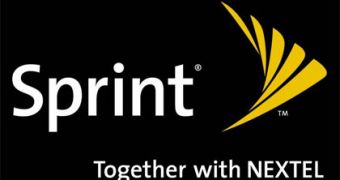Present at the Healthcare Information and Management Systems Society (HIMSS) annual conference, Sprint Nextel CEO Dan Hesse pointed out that the wireless technology would play an important role in the healthcare industry which was going through some major transformations. Dan Hesse also shared some examples of wireless technologies and future trends, such as the growing importance of 4G technology and the increasing use of wireless globally.
“With rising healthcare costs and numerous challenges impacting every aspect of care, healthcare providers are using wireless to increase efficiency and better manage costs,” said Dan Hesse, CEO, Sprint Nextel. “Healthcare providers are going even further by using wireless to achieve some truly remarkable, transformative advancements in delivering faster, better patient care.”
Over 227 million Americans using wireless technology daily and Internet savvy consumers expect quick and easy access to health information and care. According to a recent study conducted by the California HealthCare Foundation in 2009, 89 percent of wireless users sought health information on the Internet. In addition, caregivers are using smartphones equipped with various medical applications used for fast, secure access to laboratory results, medical records, x-rays as well as other important information. By providing new and cost-effective solutions, wireless once again validates its key role in shaping the future of the healthcare industry.
The increasing volume of transferred data between healthcare providers will require wireless networks to provide a much larger bandwidth capable of supporting on-demand applications, virtual office visits or live streaming video and 4G technology will be able to provide all these benefits. According to a study conducted by ABI Research, over 2.5 billion data-centric devices will be in use by 2014. With the use of 4G technology, healthcare providers will be able to expand their reach to advanced wireless devices all over the world.
“Mobile wireless applications within healthcare are rapidly increasing and becoming a more common sight within the hospital environment opening a wealth of opportunities for workflow solutions and simply making information more accessible,” explains Zachary Bujnoch, an analyst at the research firm Frost & Sullivan. “In the remote healthcare setting with the continuing decline of home telephone lines and the less than universal availability of broadband, mobile technologies are shaping up to be a cornerstone for information transmission in the future of remote medicine.”

 14 DAY TRIAL //
14 DAY TRIAL //